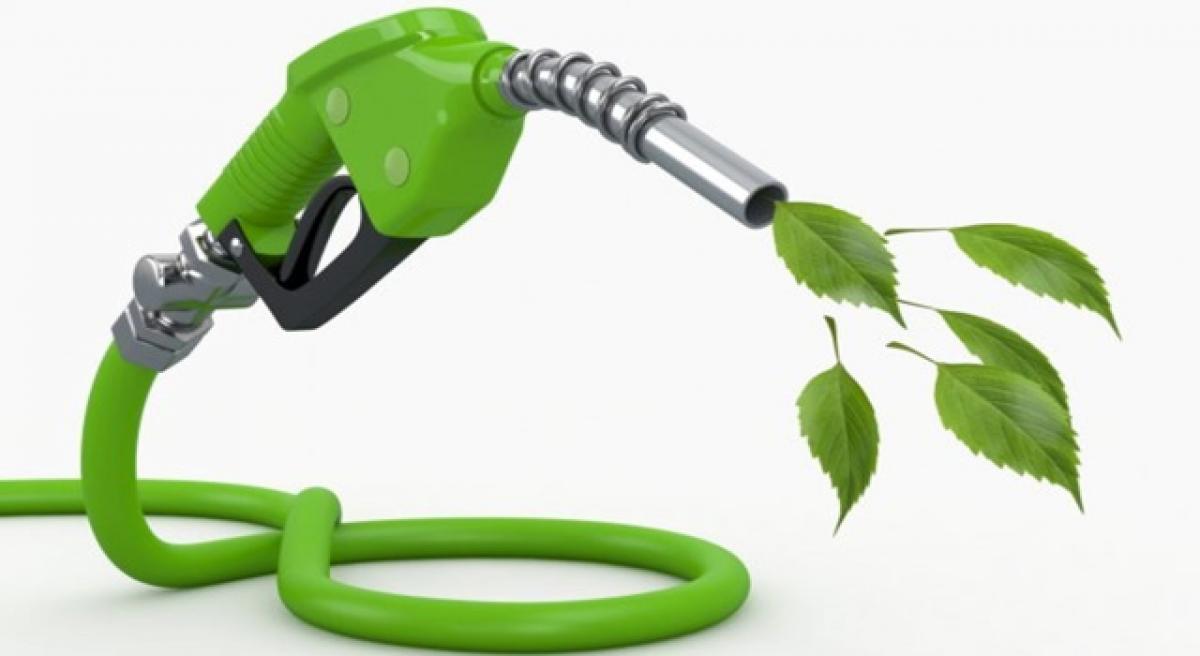Live
- AR Rahman’s ‘Aadujeevitham’ Music Nominated Twice at 2024 Hollywood Awards
- NBK’s action drama ‘Daaku Maharaaj’ unveiled with power-packed teaser
- Nehru’s services unforgettable : Veerlapalli
- ROB ready by March-end
- 30.1-9-49-10 – Anshul Kamboj picks up all 10 wickets in Haryana vs Kerala Ranji Trophy match
- South Korean FM Cho, Blinken hold talks on margins of APEC summit in Peru
- India’s insurance sector growth surpasses China, Thailand: McKinsey
- CLOSE-IN: Indian cricketers from Paupers to Princelings
- Delhi-NCR's air quality remains hazardous for residents
- South Korea, US, Japan to announce establishment of trilateral secretariat this week









